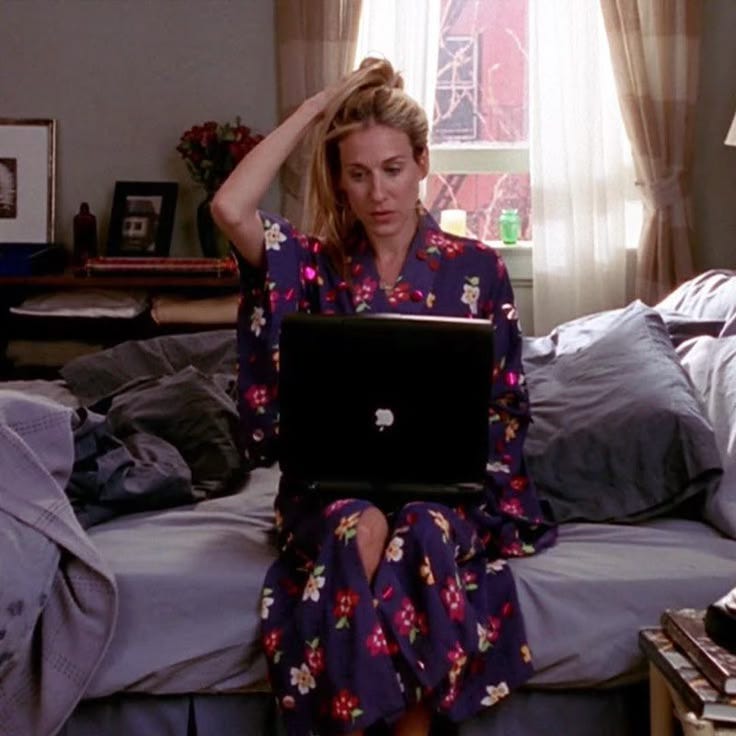Screen Savers
How to create boundaries with your screens...
Do you know anyone that doesn’t have a smartphone? Or that isn’t glued to a screen for at least half of the day? Our digital reliance is a collective norm and a worrying one, but we are in this together - an addicted generation raising an addicted generation, waiting for a screen saviour to come along and save us. We need to find a way through it - and not via Roblox or Minecraft or clearing our inboxes.We need to find a way through it - and not via Roblox or Minecraft or clearing our inbox.
There’s a reason Oxford’s 2024 word of the year was ‘brain rot’ - defined as ‘the supposed deterioration of a person's mental or intellectual state, especially viewed as the result of overconsumption of trivial or unchallenging online content’. We want to optimise our brains, not let them rot! By now we are all well aware of the negative impact of excessive screen time on productivity, mental health, and the well-being of our brains and bodies but it’s also the loss of connection and the increase in loneliness that appears to be the saddest part of it all and at completely at odds with what a screen tempts us with. Once upon a time standing in a queue was a time to strike up a conversation, waiting in a doctors surgery a time to connect with the family member you’re with, sitting on a train a chance to have polite chit chat. That connection is lost and so too is our confidence in social interaction.
While we lap up content about boundaries with phone usage for our offspring, the uncomfortable truth is that, like most things, what we model is what our children see as normal and often aspire to. My five-year old is always on her imaginary ‘smart’ phone and I, don’t, wonder why.
Like everything in our thoroughly modern world, the screen conundrum is layered, ever-changing, guilt-inducing and also defense-making. It’s simply not as easy to break up with our screens as one would hope. We need them… for everything in our daily lives it seems - from work emails to diary management; school admin to telling the time, the weather and our step counts; to timing our pasta, taking photos, listening to our meditation and audio books; and setting our alarms.
My children insist we have no screens when watching movies together. That they are the ones pressing their parents to be present without screens is enough to make me want to quit altogether. But it is challenging when there are deadlines and not enough hours in the day. While I’m always looking at the daily screen of my teenagers and ignore their requests for more time, I cannot bear to look at my own stats…
‘‘Recent studies have shown that spending extended time on our phones affects our ability to form new memories, think deeply, focus and absorb information, and the hormones triggered every time we hear our phones buzz both add to our stress levels and are the hallmark signs of addiction” says award-winning science journalist Catherine Price in her best-selling book,
How to Break Up with Your Phone.
In her book, Price explores the effects that our constant connectivity is having on our brains, bodies, relationships, and society at large and asks, “how much time do you really want to spend on your phone?”
Perhaps in this question lies the secret to change. Instead of feeling like we’re failing, are in trouble and like kids without their candy, we need to want to be on our screens less.
It’s a bit like decreasing alcohol or sugar consumption. Sometimes it’s not just realistic to go cold turkey, but we all benefit from reducing intake as much as possible.
If you, like me, cannot seem to break the habit, here are 10 tips to help us lower screen usage to a more enjoyable and less addictive level…




